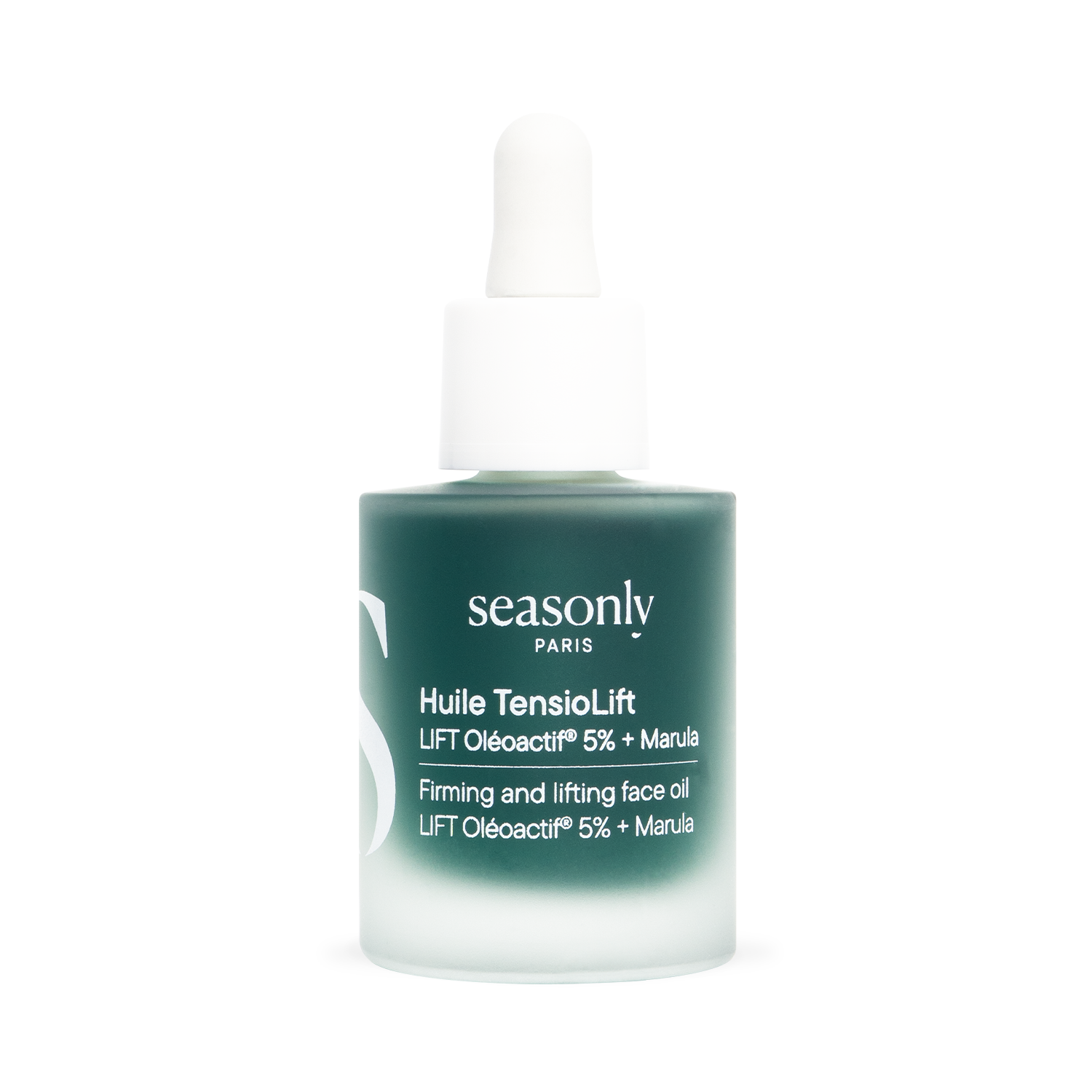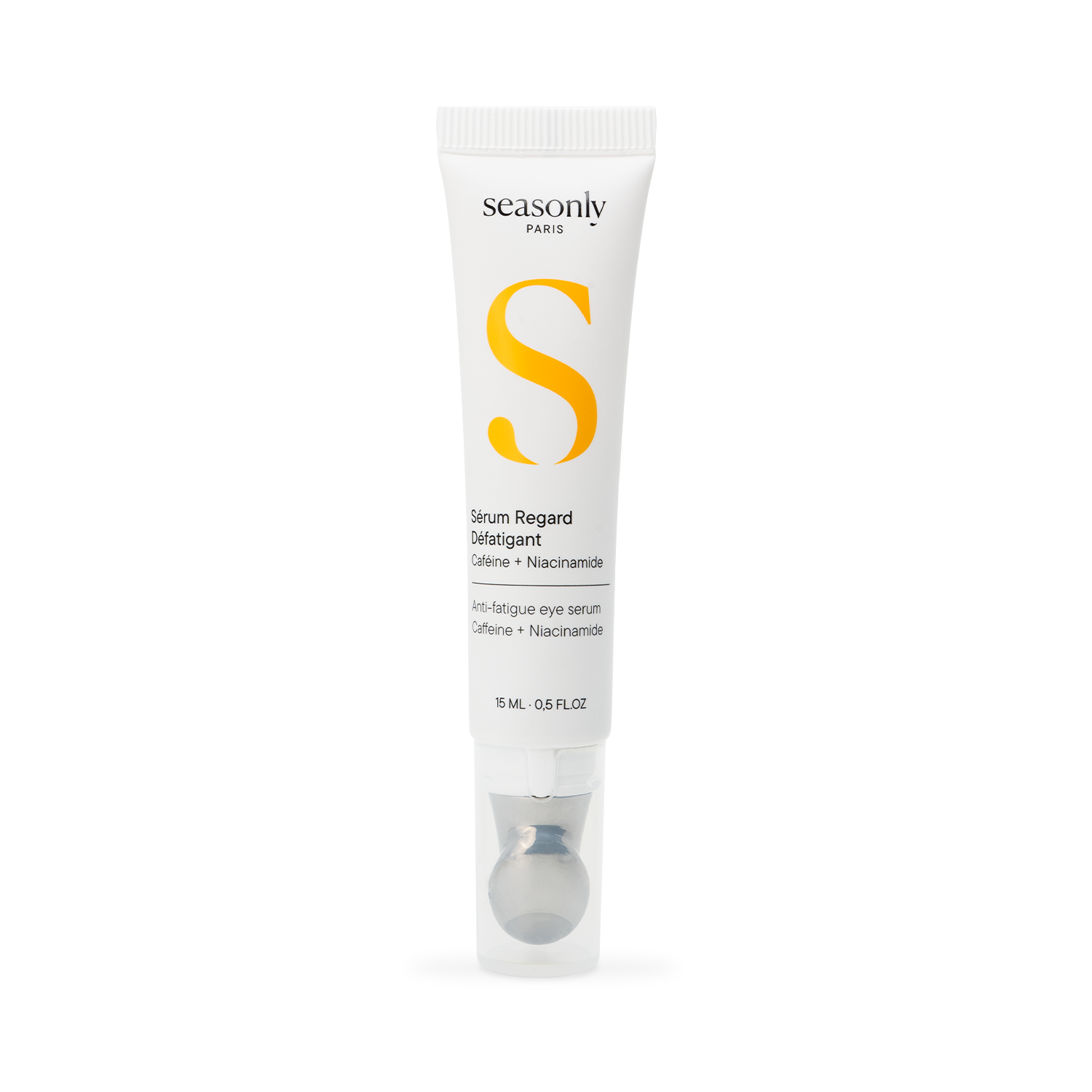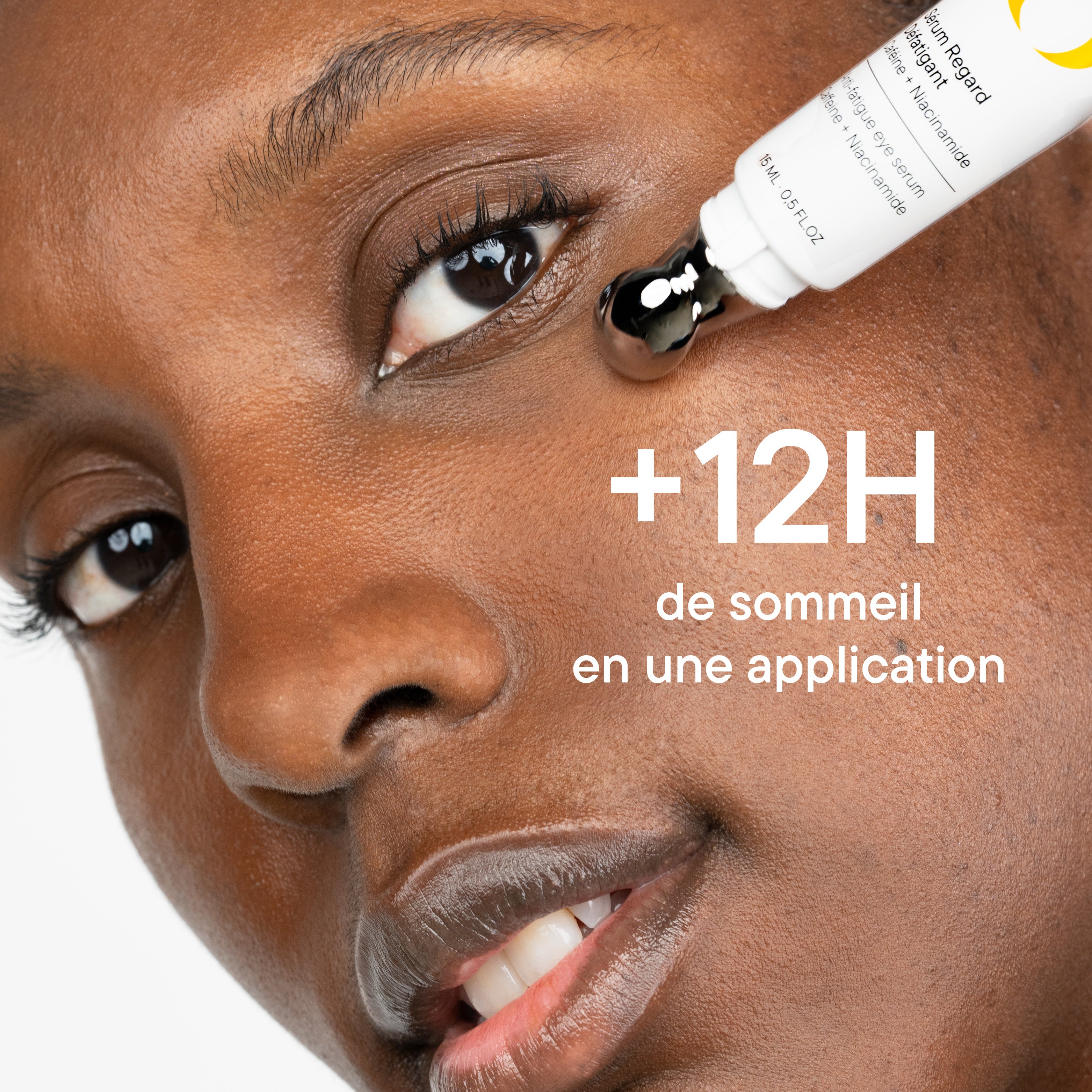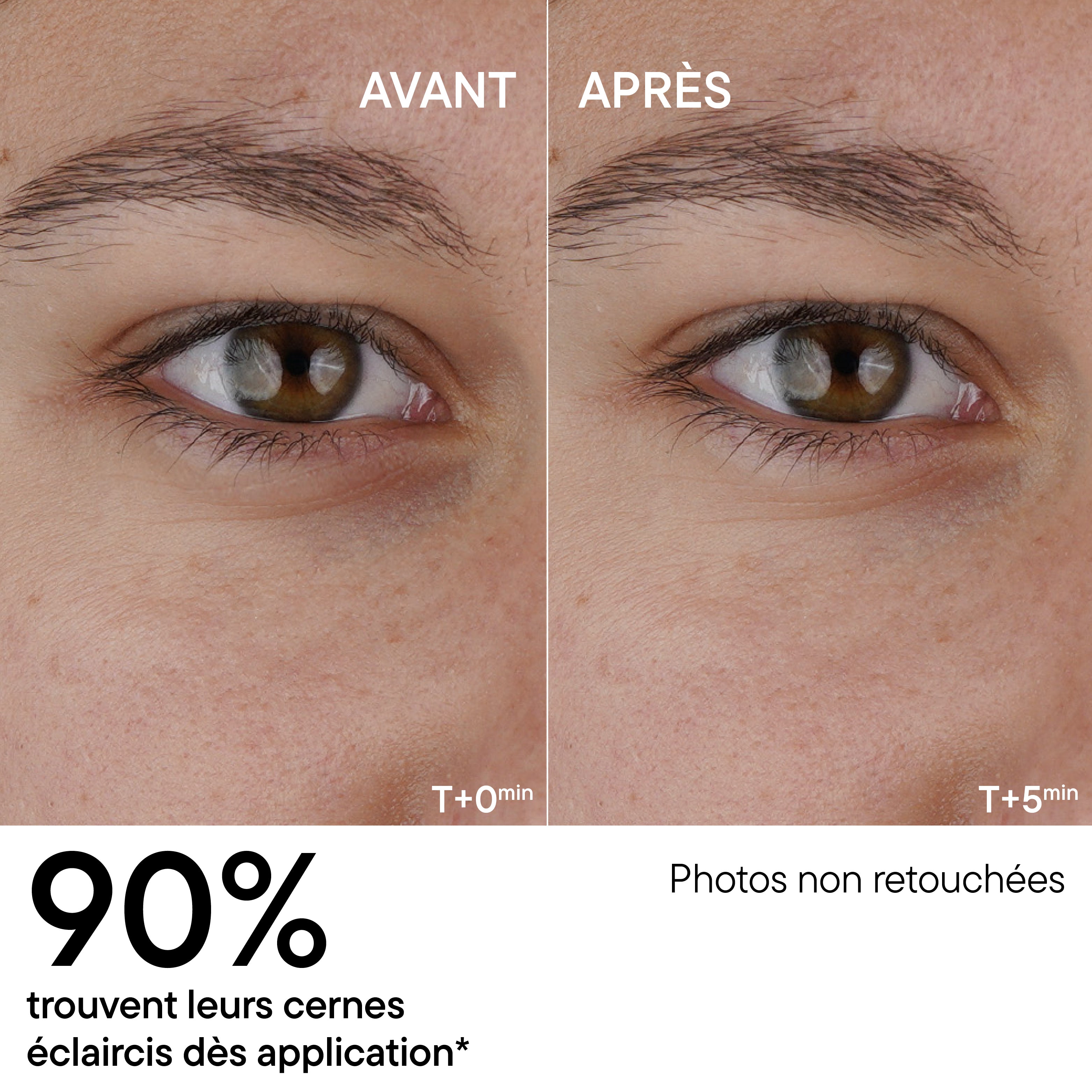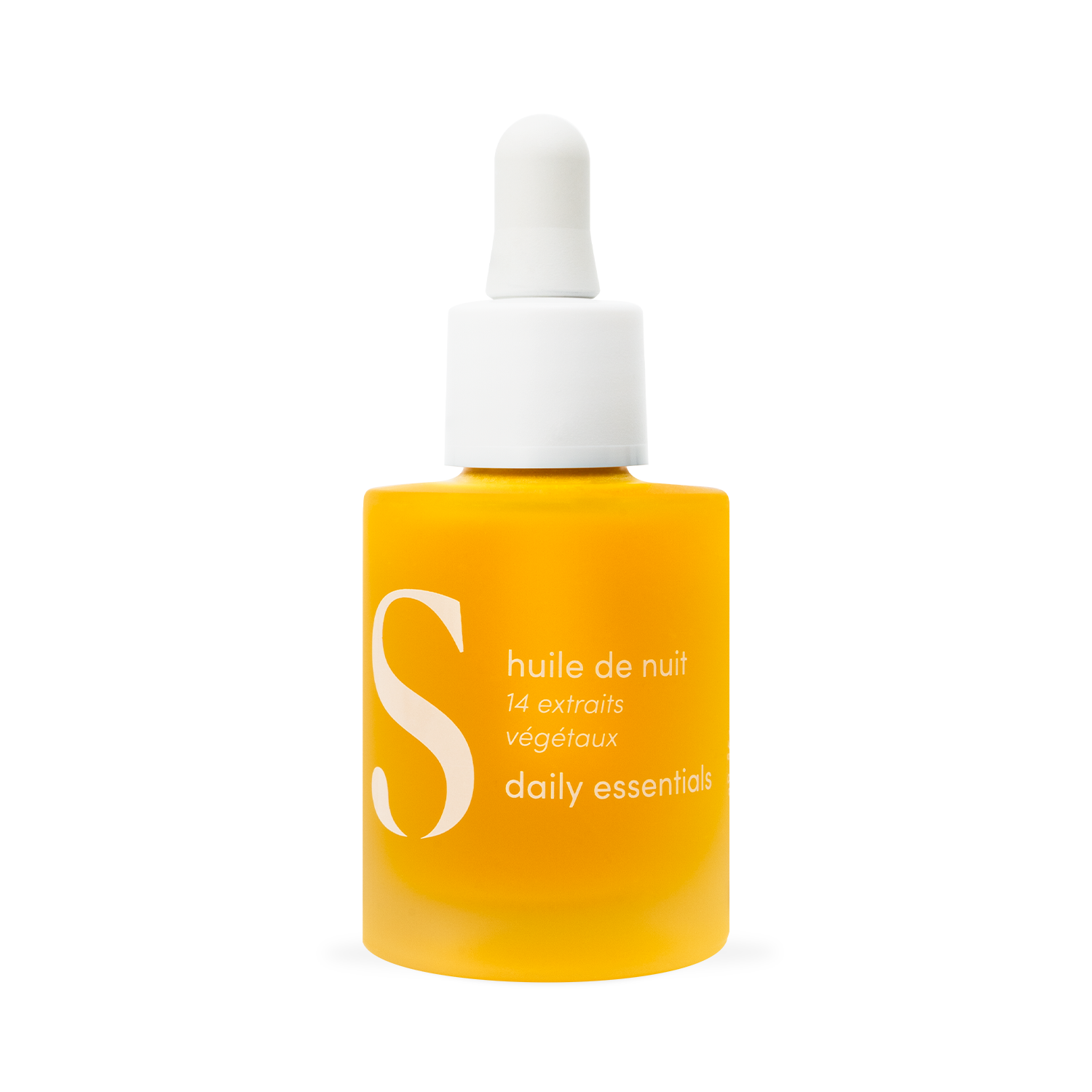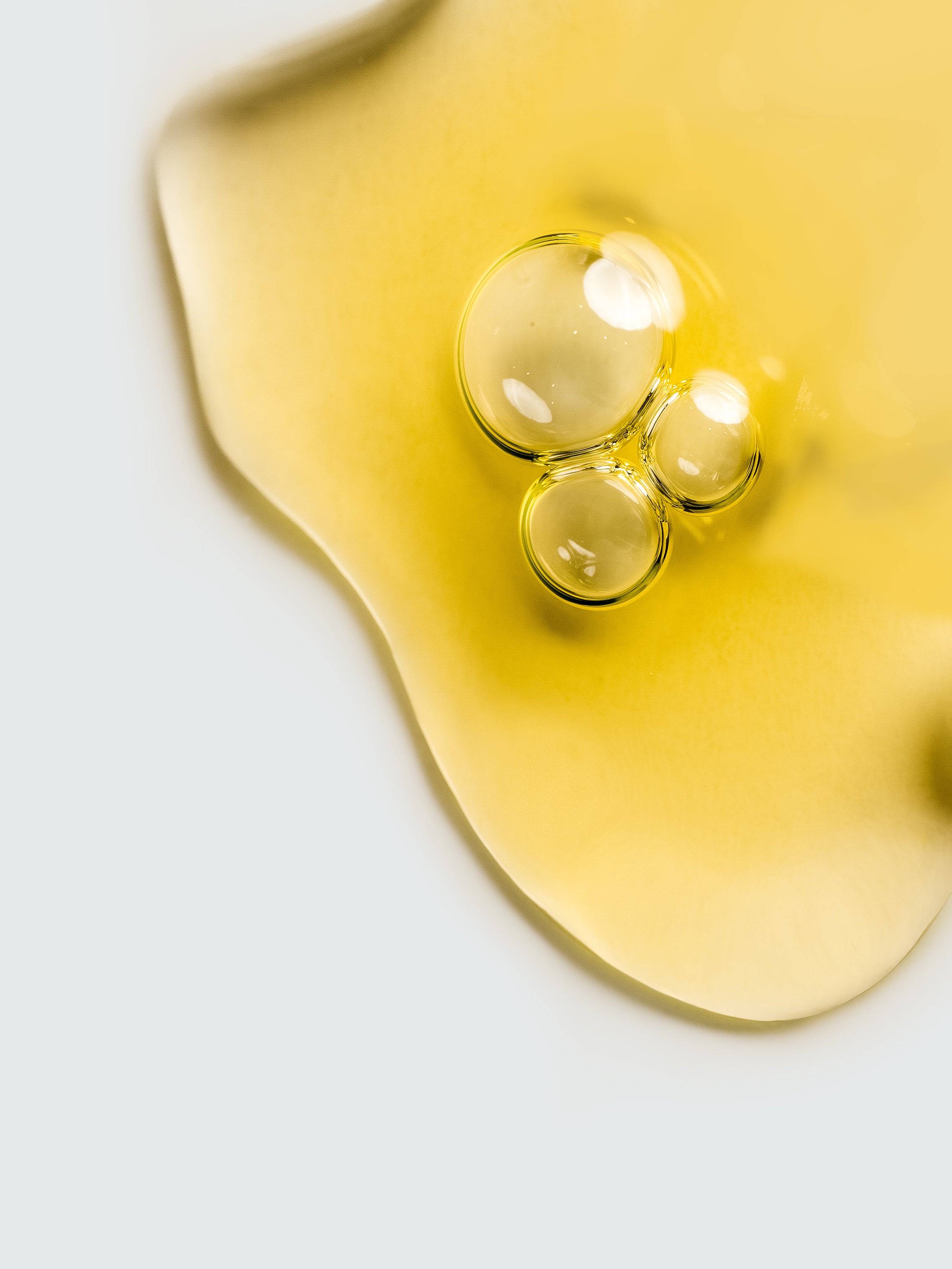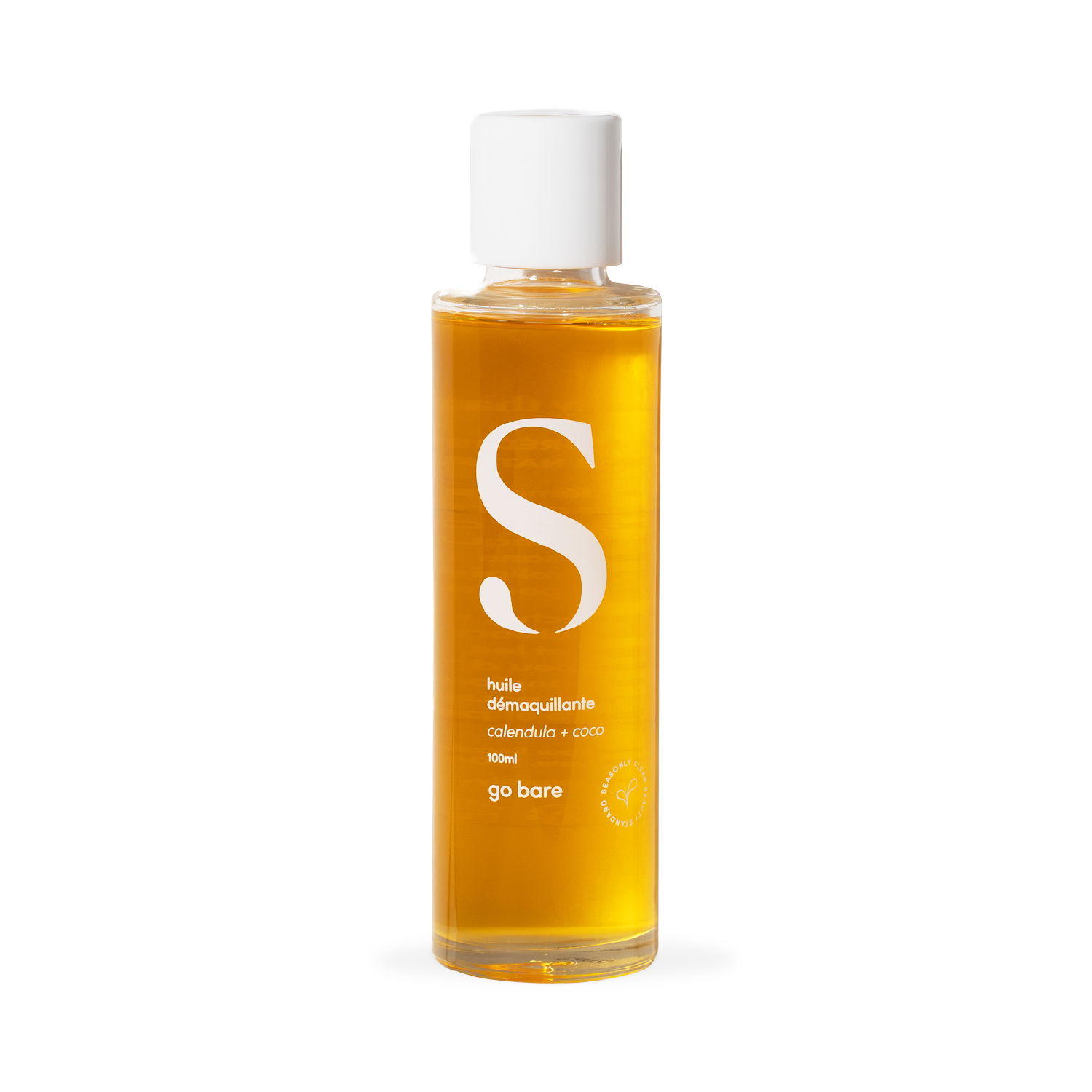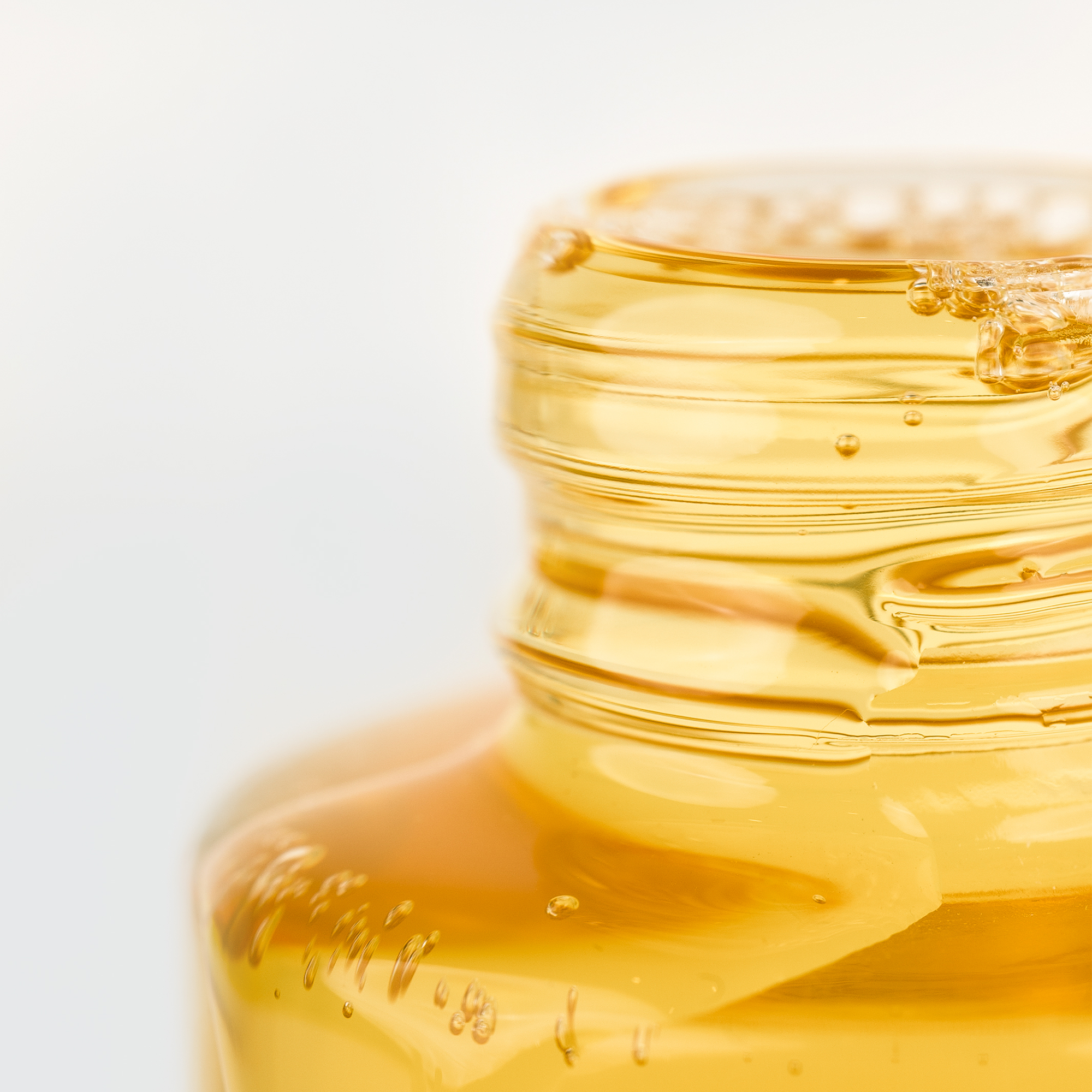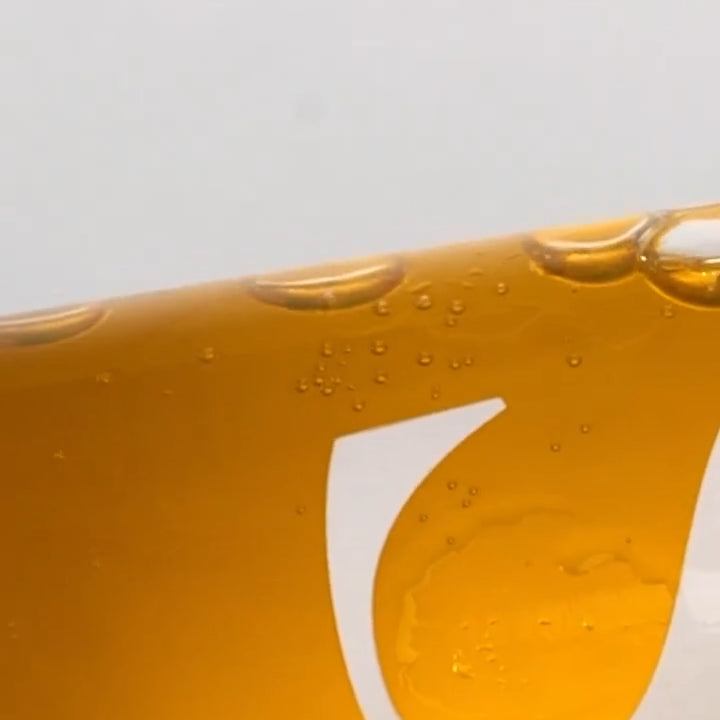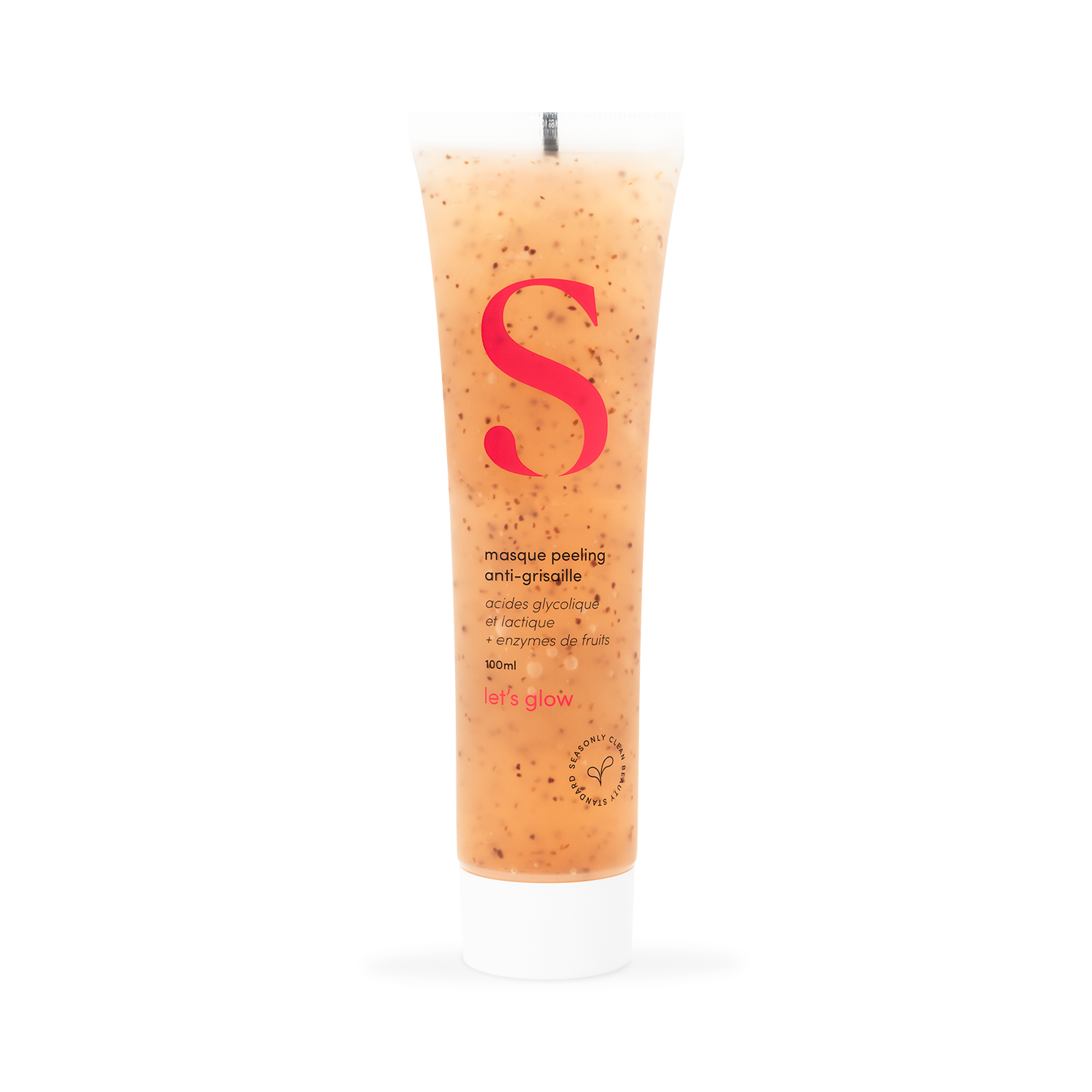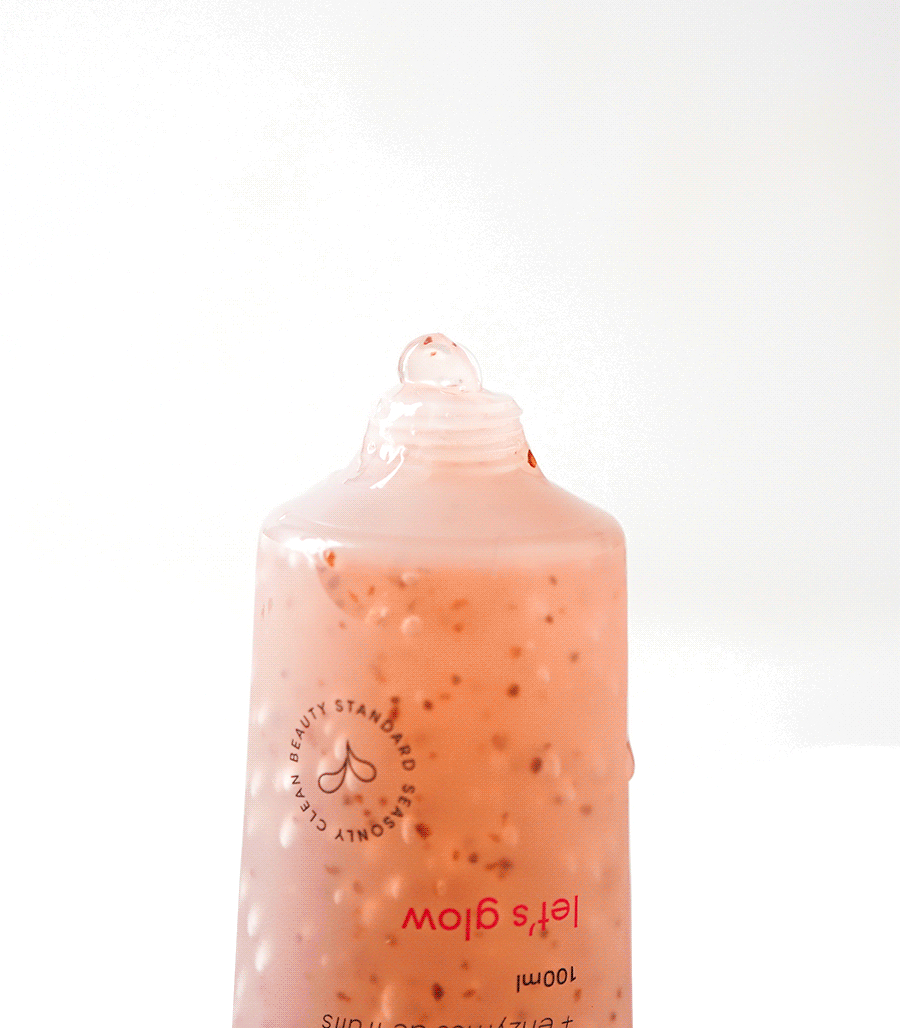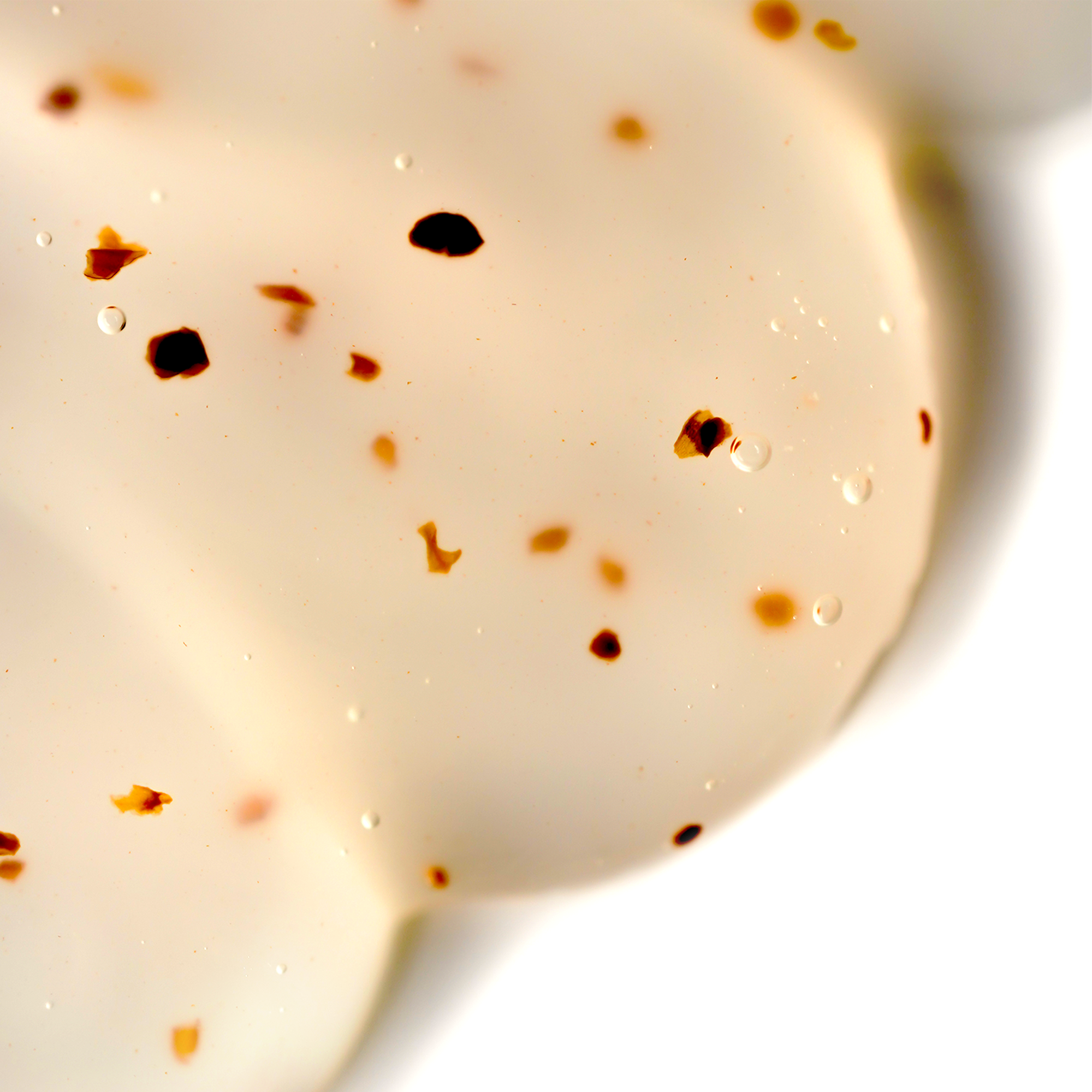What to do against dehydrated skin?
What is dehydration?
Is your skin lacking in suppleness and tightness? It may be dehydration: a lack of water in the skin which makes it less supple, less plump, more wrinkled and duller.
All skin types can experience dehydration, and this is important since dehydrated skin is not a skin type. Skin types such as dry skin refer to a lack or overproduction of sebum; dehydration refers to the hydration level of the skin. And that’s good because dehydration is reversible!
What are the symptoms of dehydration?
Dehydrated skin is characterized by the following symptoms:
- A tightness of the skin,
- The appearance of dehydration streaks and/or the “installation” of existing wrinkles,
- A dull complexion,
- A lack of suppleness of the skin.
For the most extreme cases, the skin may have a rough, flaky texture. In these cases, the skin is often very dry : transepidermal water loss is severe and the skin is almost systematically dehydrated.
How to keep your skin hydrated?
Without going into too much detail, there are two things you need to know to keep skin dehydrated: how to supply water to the skin and how to retain moisture.
The skin is hydrated thanks to aquaporins, small channels that transport water from the body to the skin. Natural hydrating and humectant factors are naturally secreted by the body to keep the skin hydrated, such as hyaluronic acid. When water reaches the stratum corneum or “cornea stratum” of the skin, it hydrates keratin, a protein that contributes to the suppleness and flexibility of the skin.
To keep the skin hydrated, the skin creates the hydrolipidic film: a mixture of sebum, sweat and water. This film limits transepidermal water loss , which is completely natural and necessary. This is also called skin evaporation!
What are the origins of dehydration?
There are many external factors that contribute to dehydration:
- Dry air, abundant in winter,
- High temperatures. Be careful with heating or showers that are too hot,
- Wind: it weakens the hydrolipidic barrier,
- Internal factors concern stress, lack of sleep or diet - drink at least 1 liter of water per day, I promise it will change your skin.
What ingredients to fight against skin dehydration?
If you follow us this far, we will therefore look for humectants to attract water into the skin, and emollients to strengthen the hydrolipidic film. Enough to boost skin hydration !
Here are some known moisturizers:
- Glycerin, which retains several times its weight in water, is also an emollient and leaves skin soft and supple,
- Hyaluronic acid retains up to 1000 times its weight in water and is known to stimulate collagen production. It plumps the skin and contributes to its suppleness,
- Aloe vera which moisturizes without adding oil to the skin, already very well known
- Vitamin B5 or panthenol intensely hydrates the skin and soothes the most sensitive skin,
- Polyglutamic acid, less known than its congeners, is almost 4 times more powerful than hyaluronic acid,
- Number of plant extracts such as acacia seeds, acerola, hibiscus flower extract, algae extracts...
Regarding emollients, you should look for vegetable oils such as jojoba oil, squalene - our sebum is made up of ¼ squalene -, shea butter, etc.
We advise you to adopt a gentle facial cleanser like our cleansing jelly enriched with calendula: it purifies the skin and unclogs pores without drying out the skin barrier. Be sure to clean your face for a maximum of 30 seconds to avoid any dehydration: this applies to all cleansers!
Follow with a few sprays of our hydrating mist , concentrated in aloe vera and rose water to hydrate and revitalize the skin. A good start for the rest of your routine!
We continue with the anti-thirst serum enriched with acacia seeds, perfect for intense hydration. The skin is plumper, softer and more supple with a plumpy effect.
We then want to trap the hydration in the skin using the rich cream or the fluid cream depending on the skin type: vitamin B5 and acerola supply the skin with water and strengthen the hydrolipidic film.
In the evening only, we also apply the night oil : a botanical concentrate of 14 super vegetable oils, it supports the hydrolipidic film all night long for hydrated skin upon waking and accelerates cell regeneration .
And finally for very dehydrated skin, the rehydrating mask : it combines two different weights of hyaluronic acid and aloe vera to deeply rehydrate and plump the skin. Leave to apply in a thick layer for 15 minutes.






